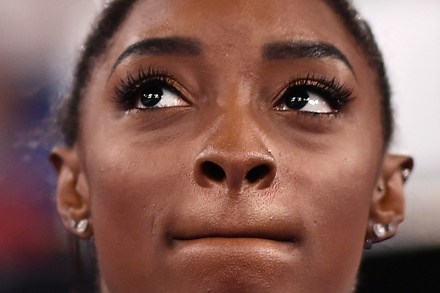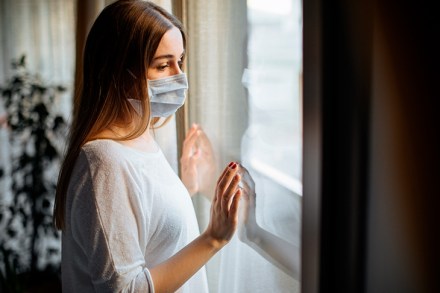Why legalising cannabis is safer than decriminalising it
I hate weed. Week after week, I see the tragic effects of this substance and how it destroys the minds of the young. I work on a mental health ward which, like many around the country, is home to some of the victims of our current lackadaisical attitude towards cannabis. This drug is particularly dangerous to the developing brains of young people and yet we know that this age group are the most likely to be experimenting with it. Despite protestations from the powerful pro–cannabis lobby, it has been proved beyond doubt that cannabis use is associated with depression, anxiety, psychosis and avolition (poor motivation). A third of psychosis cases




















